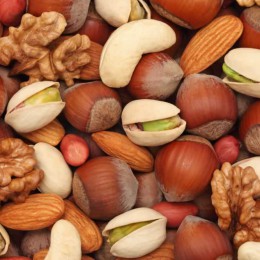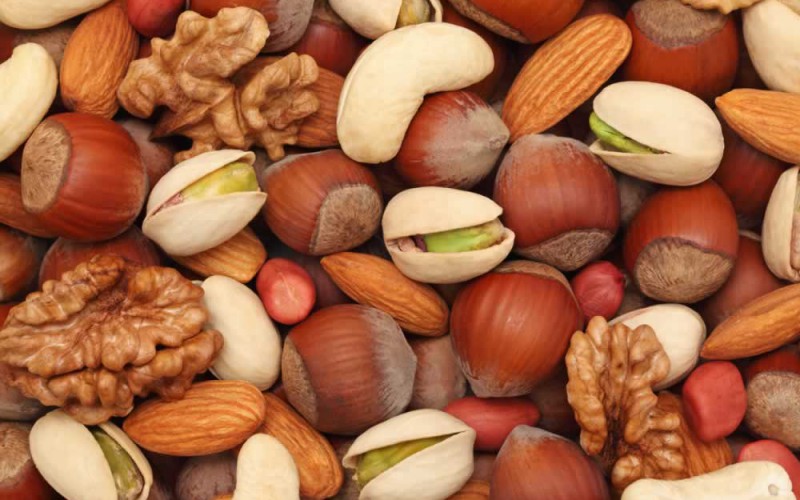Slideshow: 5 Times the Media Overhyped Scientific Findings

- August 11, 2014
- Author: The Center for Accountability in Science Team
- Categories: Food, Sensationalist Journalism
Most research papers are long and written to be read by other scientists, not the general public. It’s easy for well-intentioned journalists to misinterpret studies’ findings with splashy headlines. We’ve put together a slideshow with some of the worst examples of cases where the media overhyped studies’ data.

Eat Nuts, Live Longer
News outlets from TIME to ABC News report that “People who ate nuts seven or more times a week, in fact, enjoyed a 20% lower death rate after four years than individuals who did not eat nuts.” What isn’t clearly explained is that people who eat nuts also exercise more, eat more fruits and vegetables, are less likely to smoke, and oddly more likely to drink—essentially nuts are not the only factor in differing death rates. The study also found that the rate of cancer death for individuals who eat nuts less than once per week is 38%--essentially the same death rate (36.2%) as those who consume nuts 5 or more times per week.
How spicy food can benefit metabolism
Over the years, a number of studies have purported to link spicy foods with a spike in metabolism. A 2011 Penn State study received coverage from the Daily Mail to ABC News, with stories suggesting that eating spicy foods can boost metabolic activity. However, the study only looked at the diets of six men—a sample size too small to draw any significant conclusions.
MSG Linked to Weight Gain
MSG, a flavor enhancer traditionally used in Chinese food, has long received a bad reputation for causing aliments from headaches to obesity. In 2011, a study found that individuals who consumed MSG are more likely to be overweight or obese. The findings were widely reported, though the actual study found that only those with the highest levels of MSG showed moderate weight gain.
Walking Faster May Lead to a Longer Life
The headline makes it sound easy enough—if you want to live longer, just pick up your walking pace. However, the actual study examined the relationship between walking speed and life expectancy of senior citizens and found that those who walked faster, lived longer. Importantly, it did not find that walking faster caused them to live longer.
Meat, dairy may be as detrimental to your health as smoking cigarettes, study says
A widely reported study claimed that eating a diet heavy on meat and dairy may be as harmful as smoking cigarettes. However, what those headlines don’t tell you is that “But when the researchers looked at people aged 66 and over, they found the opposite – the people who ate the highest amounts were less likely to have died from cancer during the study than people who ate only a little.” To further debunk the study’s claims, the New York Times reported in March 2014 on “a large and exhaustive new analysis by a team of international scientists found no evidence that eating saturated fat increased heart attacks or other cardiac events.”





